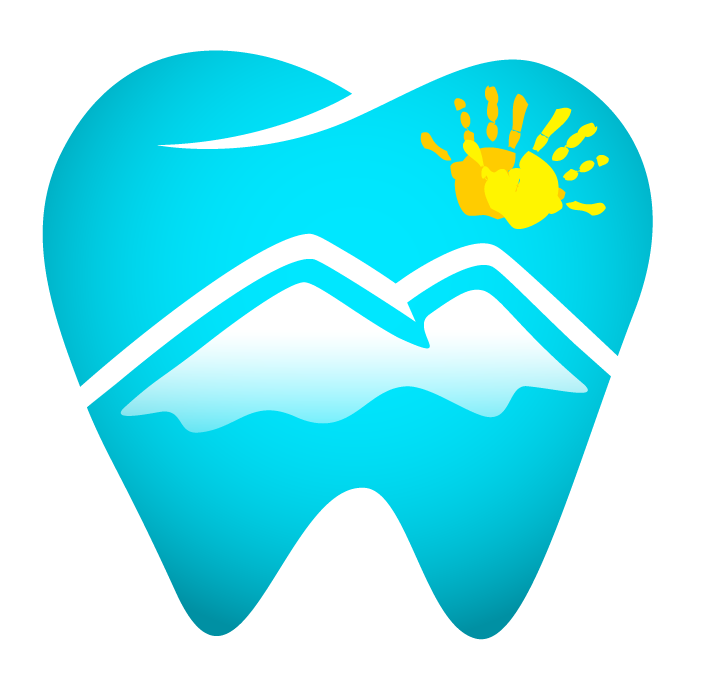Airway & Sleep Health at Sunrise Pediatric Dentistry
Why We Address Airway & Breathing
At Sunrise Pediatric Dentistry, we recognize that how your child breathes and sleeps is just as important as how their teeth and jaws develop. Poor airway and sleep-related breathing issues in childhood can impact everything from dental health to facial growth, behavior, and overall wellness.
Research shows that children with sleep-disordered breathing (SDB) — including frequent mouth-breathing, snoring, or partial airway obstruction — may experience:
altered facial and dental development (e.g., narrow palate, retruded jaw)
daytime fatigue, attention or behavior issues
increased risks during sedation or general anesthesia
Since your pediatric dentist regularly evaluates your child’s oral and facial structure, we are uniquely positioned to spot early signs of airway concerns and help intervene.
Common Signs to Watch For
You may ask: “What does an airway or sleep-breathing issue look like in a child?” Some of the common indicators include:
Snoring, gasping or choking sounds during sleep
Mouth-breathing habit (awake or asleep)
Restless sleep or strange sleeping positions
Daytime symptoms such as difficulty waking, irritability, trouble concentrating
Oral/facial signs: narrow upper jaw, retruded chin, tongue-thrust, high-arched palate
If you notice any of these in your child, it may warrant an airway-focused screening.
Our Airway Screening at Sunrise Pediatric Dentistry
During your child’s routine exam, we incorporate an airway evaluation that may include:
Checking the size of tonsils/adenoids and airway space
Assessing tongue posture, lip seal, oral habits (thumb-sucking, pacifier, mouth breathing)
Evaluating jaw and palate development (arch width, high palate, retruded jaw)
Reviewing sleep history: snoring, breathing pauses, restless sleep
Collaborating with or referring to specialists (ENT, sleep medicine, orthodontics) when needed
This proactive approach helps us catch concerns early — ideally when growth is still favorable for intervention.
Why Early Intervention Matters
Because children’s facial bones and airway structures are still developing, early detection often means simpler, more effective treatment. For example:
Expanding the upper jaw early can open the airway and improve nasal breathing.
Myofunctional therapy (tongue posture, lip seal, nasal breathing) can support healthier airway and oral patterns.
Correcting habits such as mouth-breathing, tongue-thrust, can avoid more complex treatments later.
Delaying until growth is complete often means more invasive or less predictable outcomes.
What Treatments We May Offer
At Sunrise Pediatric Dentistry, if we identify an airway-related concern we may recommend or coordinate one or more of the following:
Habit correction: nasal-breathing encouragement, eliminating mouth breathing, addressing thumb/pacifier habits
Myofunctional exercises: tongue and lip posture training, swallowing/chewing function
Dental/orthodontic appliances: palatal expanders, functional appliances to widen the airway or improve jaw position
Collaboration/referral: to ENT (for tonsil/adenoid evaluation), sleep medicine specialist, orthodontist, myofunctional therapist
Monitoring: growth and airway development over time, with periodic review and adjustment
Our goal is personalized care tailored to your child’s needs — we’re not just treating teeth, but supporting lifelong health.
How to Get Started
Schedule an exam — include airway screening as part of your child’s visit.
Complete our medical/health history — we ask about sleep habits, breathing patterns, oral habits so we can assess appropriately.
Discuss findings — we’ll share what we’ve observed, what may be of concern, and what next steps might be.
Intervene early — the sooner we address habits and structural concerns, the better the long-term outcomes.
Ongoing monitoring — airway health changes as your child grows; we’ll keep evaluating and adjusting as needed.
Why Choose Sunrise Pediatric Dentistry
We are a pediatric-specialty dental practice devoted to children’s oral health, facial growth and overall well-being.
We integrate airway and sleep-breathing evaluation into routine care rather than treating it as an afterthought.
We collaborate with other healthcare professionals when needed — ensuring your child receives the right care at the right time.
We believe in prevention, early detection and treatment to support your child’s growth, sleep, behavior and dental future.
If you’ve noticed signs of mouth-breathing, snoring, restless sleep or you simply want reassurance that your child’s airway and facial development are on track, contact us at Sunrise Pediatric Dentistry. We’ll help your child breathe easier, sleep better, and smile brighter.
